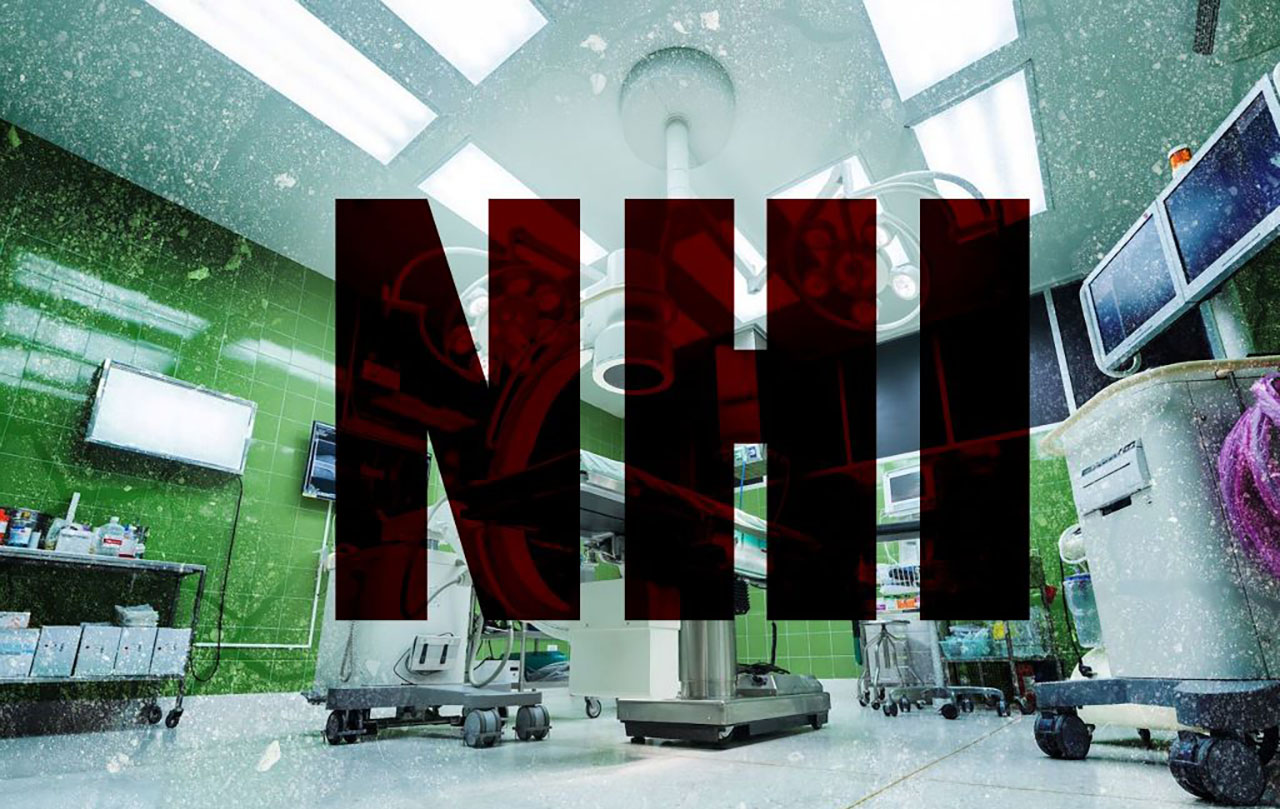The controversial National Health Insurance Act, which was signed into law by President Cyril Ramaphosa two weeks before the elections, and now faces several legal challenges, was the subject of much discussion at the Healthcare Funders’ Association symposium on Wednesday.
https://youtu.be/uVSgxgFoys4?si=54HQwUvNfkIbVZF4
There are already six legal challenges in the works from the trade union Solidarity, the Health Funders’ Association, the South African Medical Association, the Board of Healthcare Funders (BHF), the South African Health Professionals Collaboration and the Democratic Alliance.
However, Elsabe Klinck, managing director at Elsabe Klinck and Associates, said she anticipates that as more cases are filed, they will be consolidated.
“That might delay things in the beginning, because you’ll have more sets of advocates that will need to coordinate their diaries and so on, but then we can have a single ruling,” Klinck said, adding that one of the positive, unintended spin-offs of the NHI debacle has been the resulting unity from the private healthcare sector.
“A lot of the legal practitioners that would normally fiercely compete for your business are all now on the same page and we would encourage sharing (of information),” she told delegates.
‘Highly unrealistic’ costing
One of the bugbears at the symposium was that “costing for National Health Insurance is out of date and anchored in highly unrealistic assumptions”. This candid assessment came from Dr Paula Armstrong, a director at FTI Consulting, who flagged that an NHI white paper published in 2017 pegged the total cost of the NHI in 2025 at R256-billion – the same figure that was quoted in the 2015 white paper on the NHI. In fact, the costing quoted can be traced back as far as 2011.
“So, from an economic perspective, there hasn’t been a lot of, or any, development in the thinking around what the cost will be. Of course, it depends on what will be included in the benefits package, and we don’t know this yet from a policy perspective or an economic policy perspective,” she said.
Klinck said that in the two cases already filed by the Board of Healthcare Funders and trade union Solidarity, it was important to note who was being sued in each case.
“The BHF is suing the President and the minister of health, while Solidarity is suing the minister of health, the President, the DG, the minister of finance and National Treasury. This means there are two cases with two different approaches,” she said.
The BHF has asked for the President’s signing of the Act to be set aside so that the NHI Act is declared of no force and effect. The BHF has also asked for the record of decision-making, that is, what led to the President signing NHI, and what legal opinions from the state attorney were considered.
Klinck said this was a clever approach because it meant that the government would have to release legal opinions from the state attorney, and the President would have to show that he actually weighed up the information before signing the NHI Act.
Medical aid schemes
Shortly after Ramaphosa signed the Act, BHF managing director Dr Katlego Mothudi highlighted issues around Section 33 of the Act, which says that once the NHI fund is fully implemented, medical aid schemes will no longer be allowed to provide similar services.
“There are a few issues. One is that participation in medical aid schemes is voluntary. We think if someone is willing to do something voluntarily and you forbid them to do it, you are infringing on their rights. You have a right to spend your hard-earned money in the manner you think is appropriate,” he said.
Mothudi also said that schemes currently afforded members better healthcare than that available in the public sector.
“If you’re going to ask them (medical schemes) not to provide these services, you are denying their members access to healthcare services, which goes against the Constitution,” he said.
Solidarity has indicated it is “vehemently opposed to the NHI and is strongly in favour of a private market approach, offering a choice to private service providers and the public, as well as being in favour of an improved public healthcare system”.
“The Solidarity case is calling for the whole Act to be declared unconstitutional and to prevent the President from bringing portions of the Act into effect,” Klinck said.
The Solidarity affidavit is significantly longer than that of the BHF as it tries to attack the vagueness of the entire NHI Act. For example, “healthcare services” are referred to throughout the Act, but Klinck says there is no indication of what will be defined as “healthcare services” or how they will be phased in. DM





